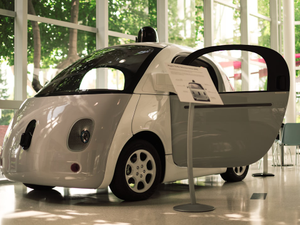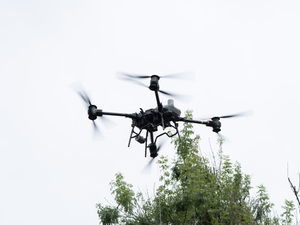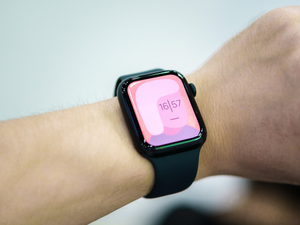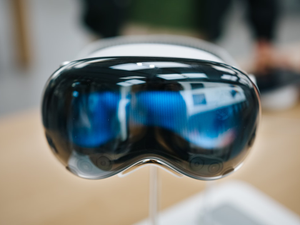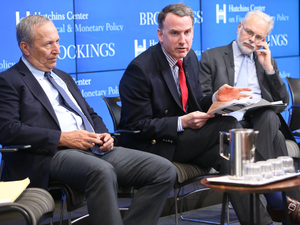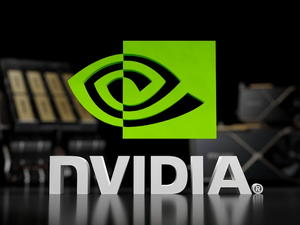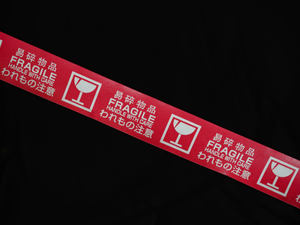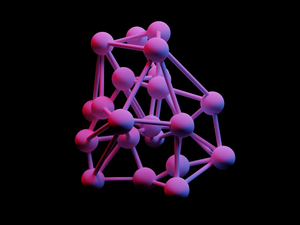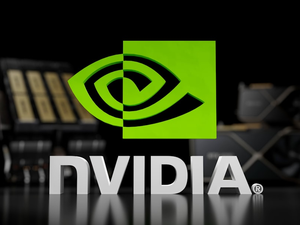OpenAI's Radical AI Device: A Peaceful Tech Revolution
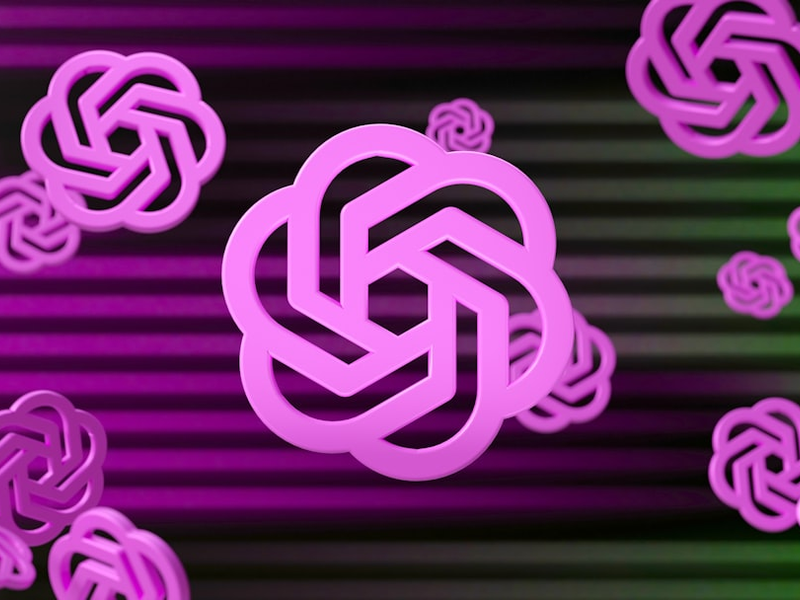
Photo by Mariia Shalabaieva on Unsplash
In a world drowning in digital noise, OpenAI CEO Sam Altman and legendary designer Jony Ive are crafting something revolutionary: an AI device that promises to be radically different from our current tech landscape.
The upcoming device, still shrouded in mystery, represents a potential paradigm shift in how we interact with technology. Altman describes it as a solution to the overwhelming sensory assault of modern digital experiences, comparing current devices to walking through a chaotic Times Square, bombarded by flashing lights and constant interruptions.
Instead, this new AI hardware aims to be a tranquil, intelligent companion. Altman envisions a tool that understands context, filters information intelligently, and creates a sense of calm rather than constant distraction. It’s reportedly screenless and pocket-sized, challenging our conventional understanding of tech devices.
Jony Ive, known for his minimalist design philosophy from his Apple years, emphasizes creating a product that feels both naive in its simplicity and incredibly sophisticated. The goal is an intuitive device users can interact with almost unconsciously, without feeling intimidated.
The collaboration between OpenAI and Ive’s design team suggests a deep commitment to reimagining technology as a supportive, unobtrusive tool. Ive confirmed the device could be available within two years, hinting at a potential launch that could disrupt the current consumer electronics market.
This isn’t just another gadget - it’s a potential blueprint for a more mindful technological future. By prioritizing user experience and mental clarity over constant engagement, Altman and Ive are proposing a radical alternative to our current relationship with technology.
As the tech world watches with anticipation, this device represents more than an innovation - it’s a statement about what technology could and should be: a peaceful, intelligent assistant that enhances our lives without overwhelming them.
AUTHOR: mb
SOURCE: TechCrunch



